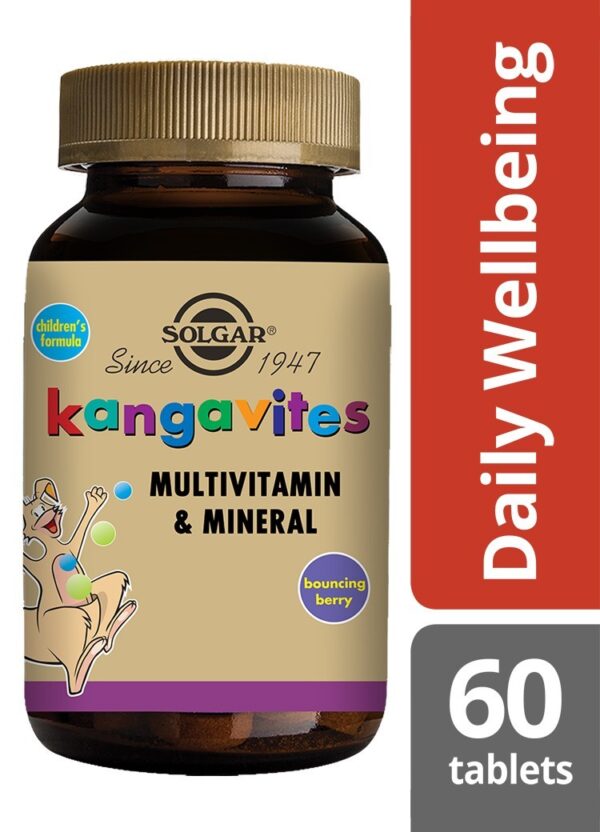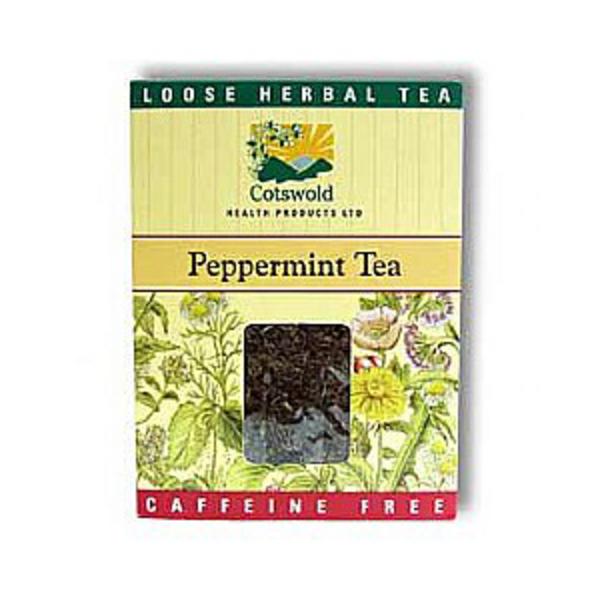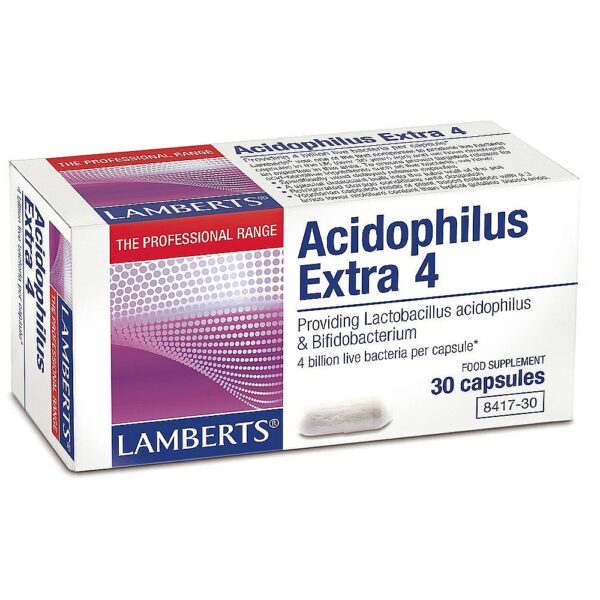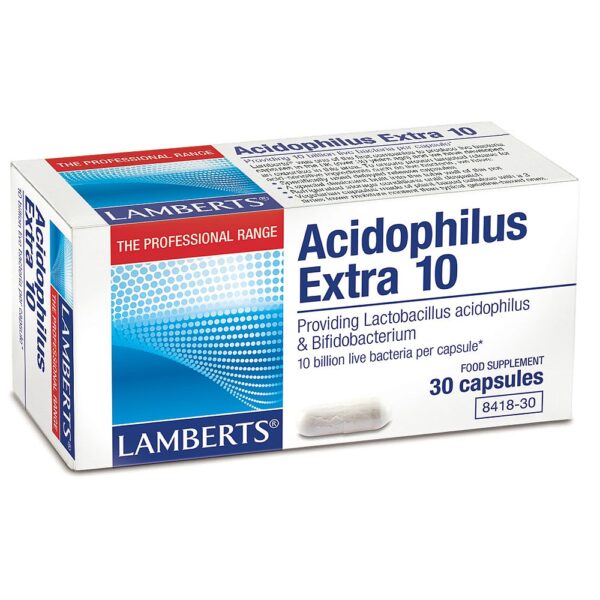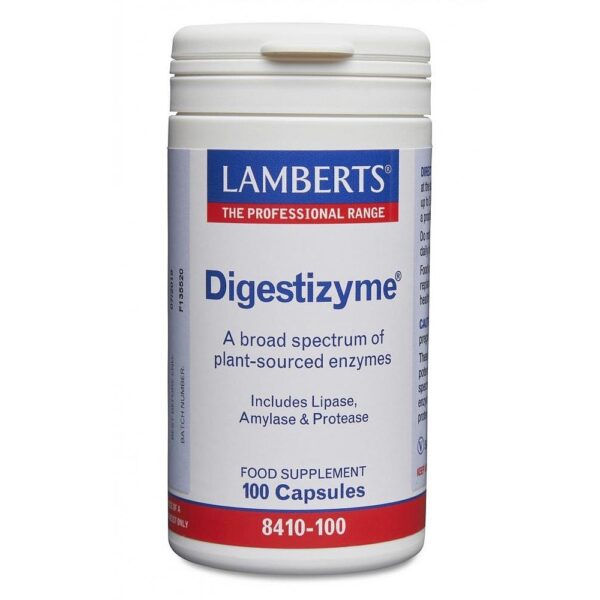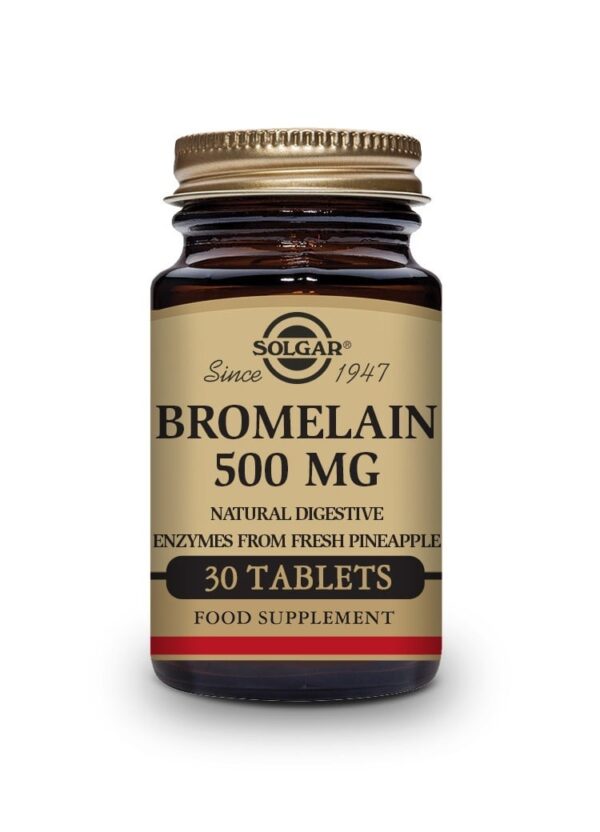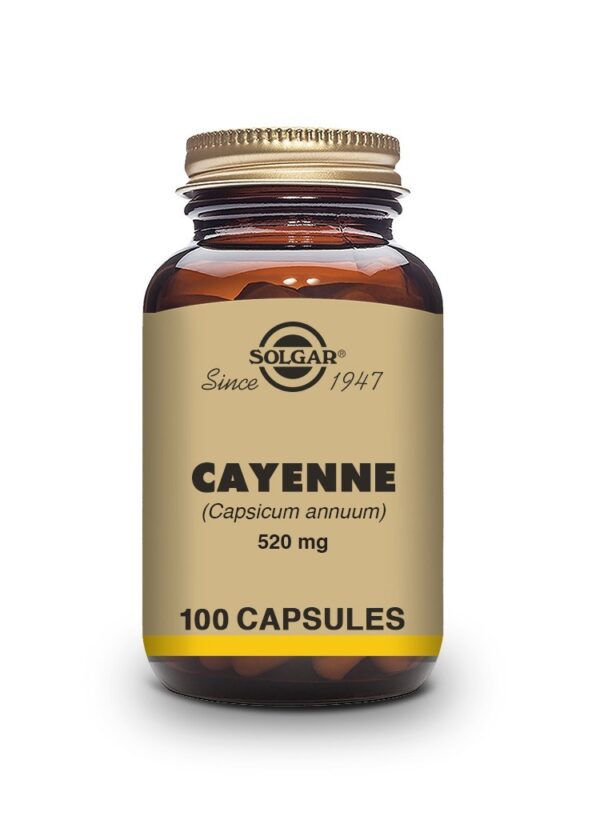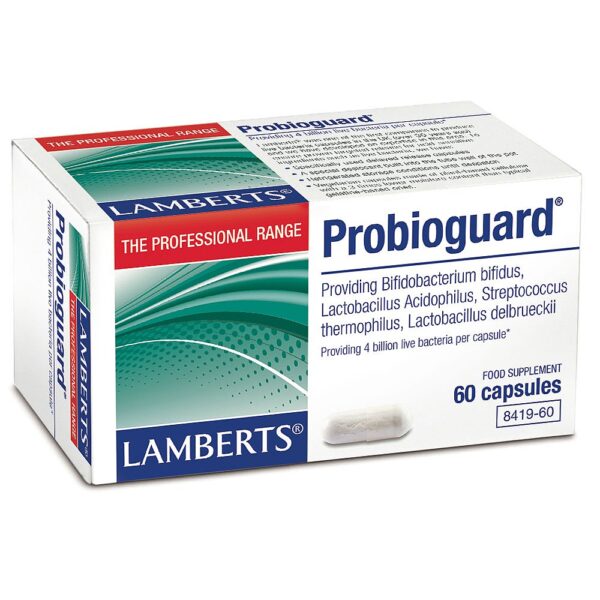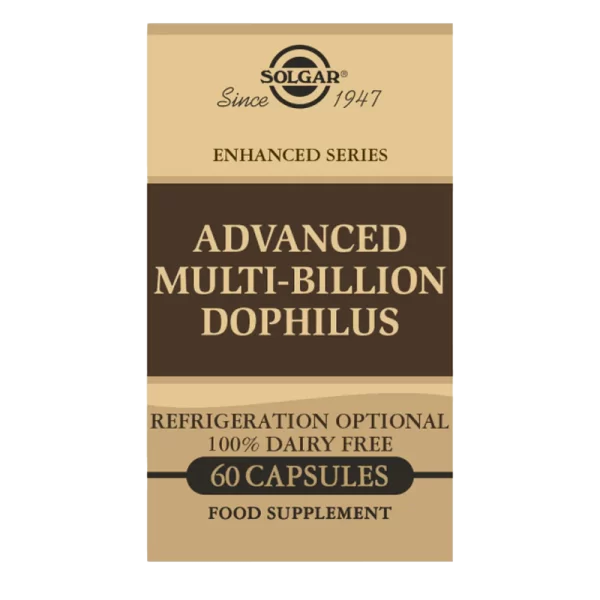Description
Peppermint Herbal Tea
Cotswold Peppermint herbal tea is a minty herb native to Europe and Asia. For hundreds of years, people have use peppermint both as a flavoring and for its medicinal properties.
It is an ingredient in a variety of modern products, including toothpastes, candies, and teas.
In this article, we explore some of the potential health benefits. We also cover how to make fresh peppermint tea at home and risks and considerations.
Fresher Breath with Peppermint Herbal Tea
- It is a popular flavoring due to its clean, pleasant smell and taste. Drinking mint tea can help freshen a person’s breath, and it may also have other benefits for fighting bad breath.
- For example, a small study from 2017Trusted Source found that gargling a blend of mint, lemon, and tea tree oils helped improved bad breath in participants following spine surgery.
- One 2015 reviewTrusted Source suggests that peppermint oil has antibacterial properties that may help reduce the bacteria that cause plaque and gum disease
- Relief from tension headaches
- One 2016 study suggested that topical peppermint oil can help alleviate pain and relax muscles.
- Menthol has a cooling sensation that may help ease tension or migraine headache pain when a person applies oil to the forehead or temples.
- It is possible that the aroma from peppermint tea may have a similar effect.
Reduced nasal congestion
Another 2016 studyTrusted Source suggested that vapors from essential oils, such as peppermint oil, have antibacterial properties that may help alleviate some types of upper respiratory infection.
Inhaling steam and vapors can be helpful for easing nasal congestion from colds and other upper respiratory infections.
Some people find that the vapors from Cotswold peppermint herbal tea, which contains menthol, also help.

